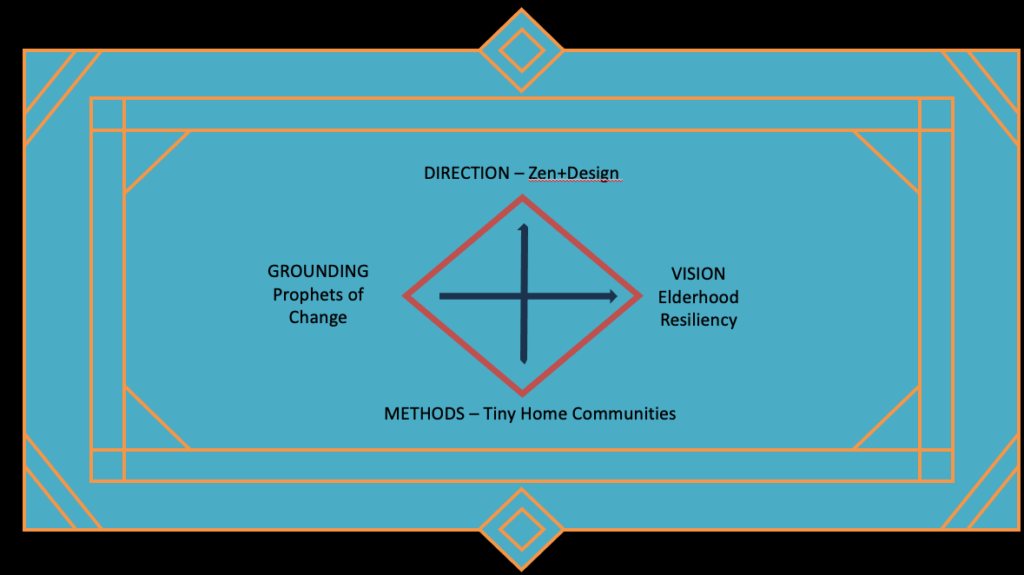
Backstory
It’s the Fall of 2024, and as the seasons change, there is also a preconscious sense that other changes in life are afoot. Some 20 years ago (yes, that long), I penned a paper titled “Gutenberg Wired: How the Printing Press Changed Society and How the Internet is Doing it All Over Again.” In it, I examined how technology fundamentally shifted our perceptions of time, space, and place.
“The article suggested that we actually saw this all happen before, following Johan Gutenberg’s invention and introduction of the printing press in the 15th century. We look at how the printing press dramatically changed several core structures in society: art and media, government, economics, and education. We then suggest how the Internet is constantly transforming these areas as we enter the 21st century.”[1]
That was at the height of the Internet’s mass adoption, and optimism ruled the day. Two decades on, we have witnessed many changes that aren’t so utopian. Reality has proven itself to be less than optimal.
The COVID-19 pandemic showed us how interconnected and related the human species is with nature and, yes, the cosmos. The rise of global authoritarianism has shown us the fragile side of democracy. The incredible spread of social media has shown us the negative psychological impact an uncontrolled media can have.
“We are led by people with reptile brains, governed by medieval institutions, and worship godlike technology.”
A-non-e-mouse
This blog aims to update those predictions and outline a path forward that is not technology-centered but blended with community and emergent spiritual transformation.
The Awakening
Writers have started to shift the narrative. Yuval Harari with “The Nexus” and Martin Gurri with “The Revolt of the Public and the Crisis of Authority in the New Millennium” point us in new directions. Running counter to these warnings are the self-serving actions of the techno elite like Mark Andressen and Elon Musk, who are promoting a view called —
Effective accelerationism, often abbreviated as “e/acc,” is a 21st-century philosophical movement that advocates an explicitly pro-technology stance. Its proponents believe that unrestricted technological progress (especially driven by artificial intelligence) is a solution to universal human problems like poverty, war, and climate change.
Another set of scholars believes that we are on the cusp of cyclical fundamental changes. Neil Howe in “The Fourth Turning,” Peter Turchin and ‘Cliodynamics’ in “End Times,” and George Friedman in “The Storm Before the Calm” are the major players. Collectively, they believe that the 2020s will be a period of crisis and transformation, underpinned by a breakdown of institutions, elite competition, and growing inequality. However, the outcomes of these crises could also pave the way for societal renewal.
So, how do we reconcile these contrasting views of technology’s impact on human society? If we follow the pattern that Gutenberg’s invention has shown us, it is pretty clear that life will be very different in 2035 than it is today.
A Concept of a Plan
Taken together and seen through a lens of strategic foresight, some patterns are becoming more apparent. Over the next few months, I will update this website to discuss these issues. The overall pattern of my exposition is a tetrad of willfulness toward a goal. First, we will be grounded in what I call the “Prophets of Change” movement. Then I will move towards the overall vision I’m labeling “Elderhood Transformation,” followed by some change management strategies based on my process of “Zen + Design,” and conclude with specifics of “Tiny Home Communities,” which I believe will be the physical manisfestation of re-integration of time, space and place.

In the meantime, I will post detailed blogs on each of the four parts manifesting the next step in humankind’s evolution. This will be a work in progress, and I will integrate some Generative Artificial Intelligence (GAI) functions to speed up your learning process. Think of it as “a chat with Charlie.”
Yes, right now it feels like we are a thousand miles from nowhere. Maybe, but remember the longest journey begins with the first step. Take us Dwight…
[1] Editors Note: This paper was first prepared as a position paper for a presentation to a RAND Corporation Symposium on Internet Society in October 2000. Jeff Semenchuk, a marketing Executive based in Chicago, was the co-author of that version. Subsequently, the paper was modified significantly, and portions then appeared in Communities of Commerce, co-authored by Stacy Bressler and Charles Grantham and published by McGraw-Hill in 2000.


Leave A Comment
You must be logged in to post a comment.